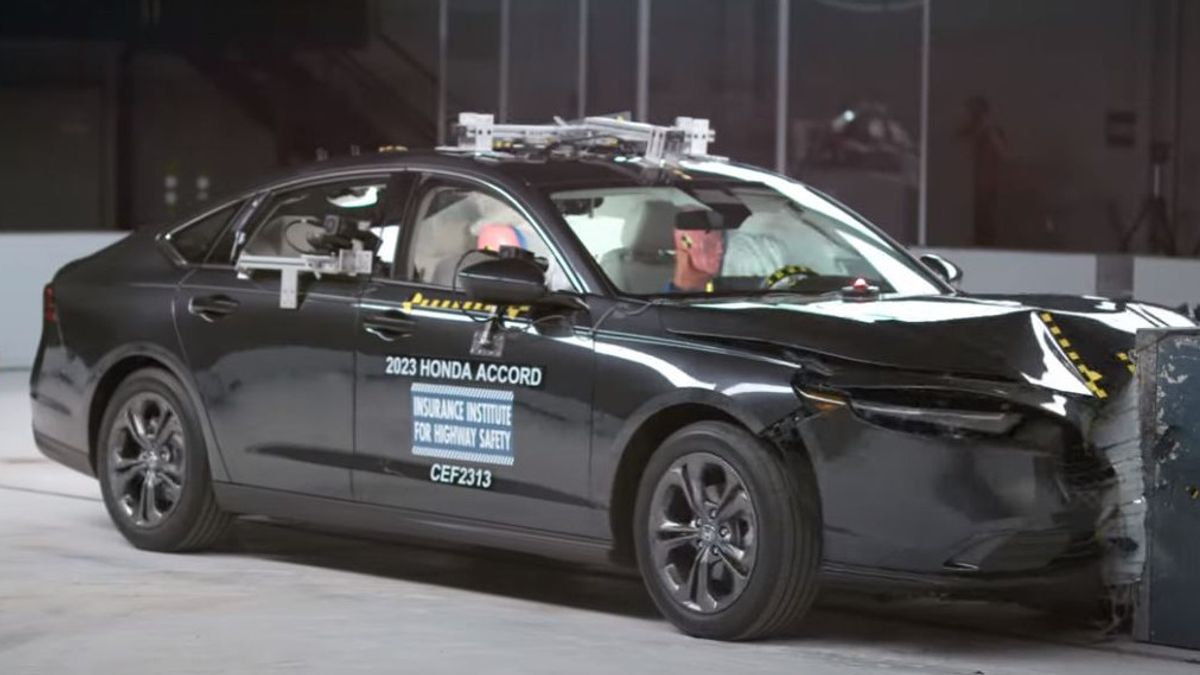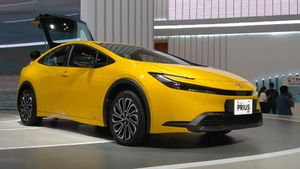JAKARTA - Three car manufacturers were forced to overhaul rear passenger safety features in three cars that were given a bad assessment by the Insurance Institute for Highway Safety (IIHS).
As recently tested by IIHS includes seven recent midsize vehicles with Hyundai Sonata, Kia K5, and Volkswagen Jetta getting a poor back seat safety assessment. Meanwhile, Subaru Outback achieved a pretty good rating, then Nissan Altima and Toyota Camry got a regular assessment and Honda Accord appeared with impressive scores noting the highest score among the tested midsize cars.
This poor assessment came after the front overlap trial was updated by IIHS, and has been implemented since last year. From this updated trial, it can be revealed that rear passengers are more at risk of fatal injuries, similar to those in small cars in the United States.
Meanwhile, a good back seat safety assessment if no indications are found of the risk of excess injuries to the head, neck, chest, or thighs of the rear passenger. In this trial, IIHS placed a 12-year-old doll in the back seat.
The doll should have "stay in the right position during the collision" without experiencing "submarning" - a condition in which the rear passenger's belt slides until it reaches the pelvis and enters the stomach area. The head should also be quite safe from the front seat, while the shoulder seat belt must remain on the shoulders.
"In most of the midsize cars we tested, the back doll rolled forward, or'submarined,' under the waist belt, causing it to rise from the pelvis to the stomach and increase the risk of internal injury," said IIHS President David Harkey, quoted from Carbuzz, Sunday, August 20.
During the trial, this submarining was found in Sonata, K5, and Jetta and the collision data from the back doll also showed injuries to the head, neck and chest, similar to data recorded from small truck pickups.
SEE ALSO:
This trial is an important warning to automotive manufacturers to continue to prioritize rear passenger safety in their vehicle designs, especially with changes to the safety test standards getting tighter than the IIHS.
The English, Chinese, Japanese, Arabic, and French versions are automatically generated by the AI. So there may still be inaccuracies in translating, please always see Indonesian as our main language. (system supported by DigitalSiber.id)















